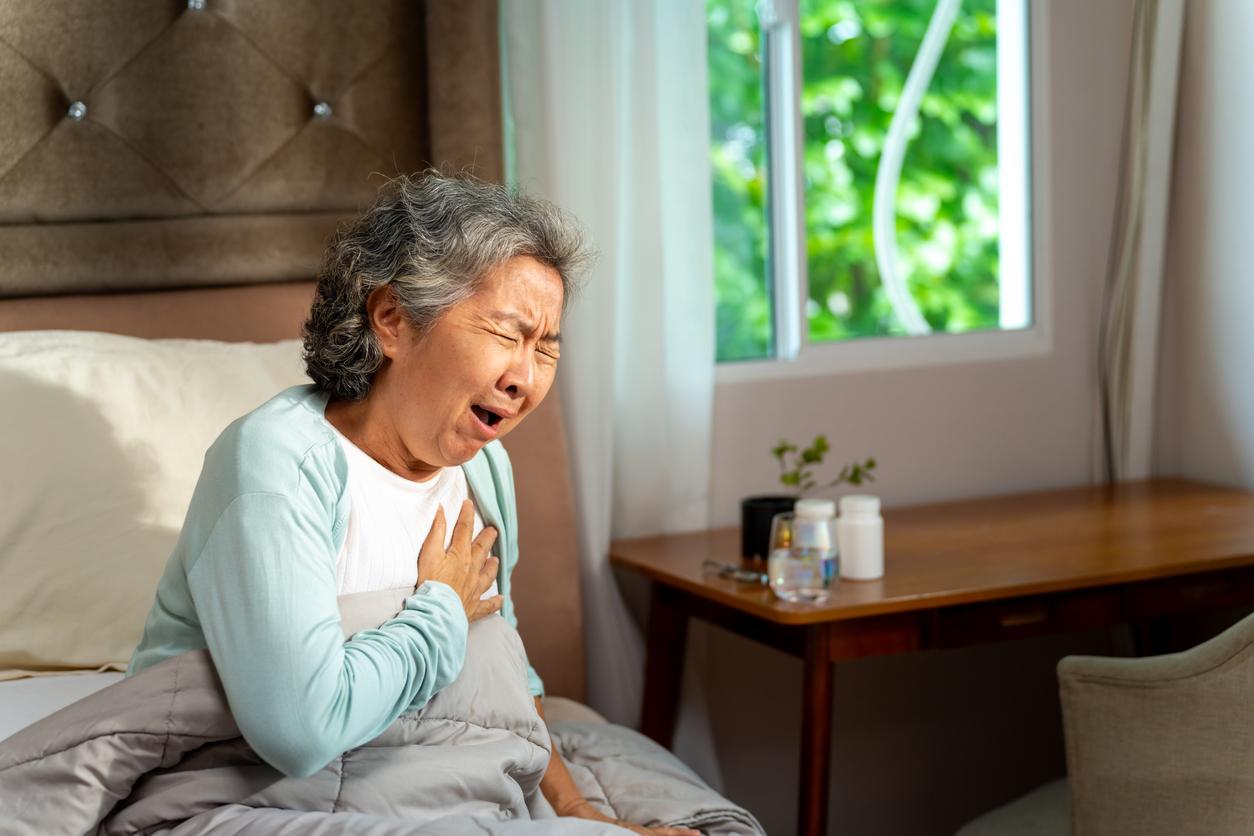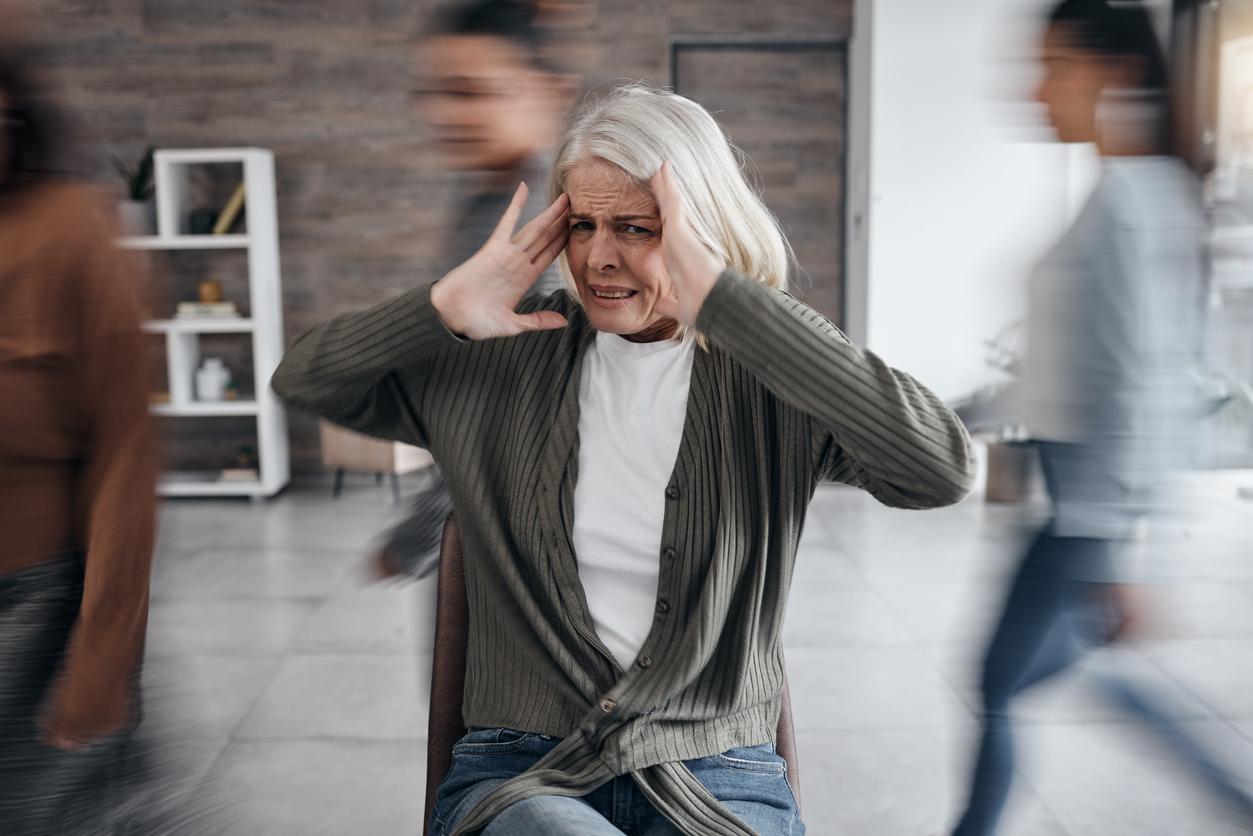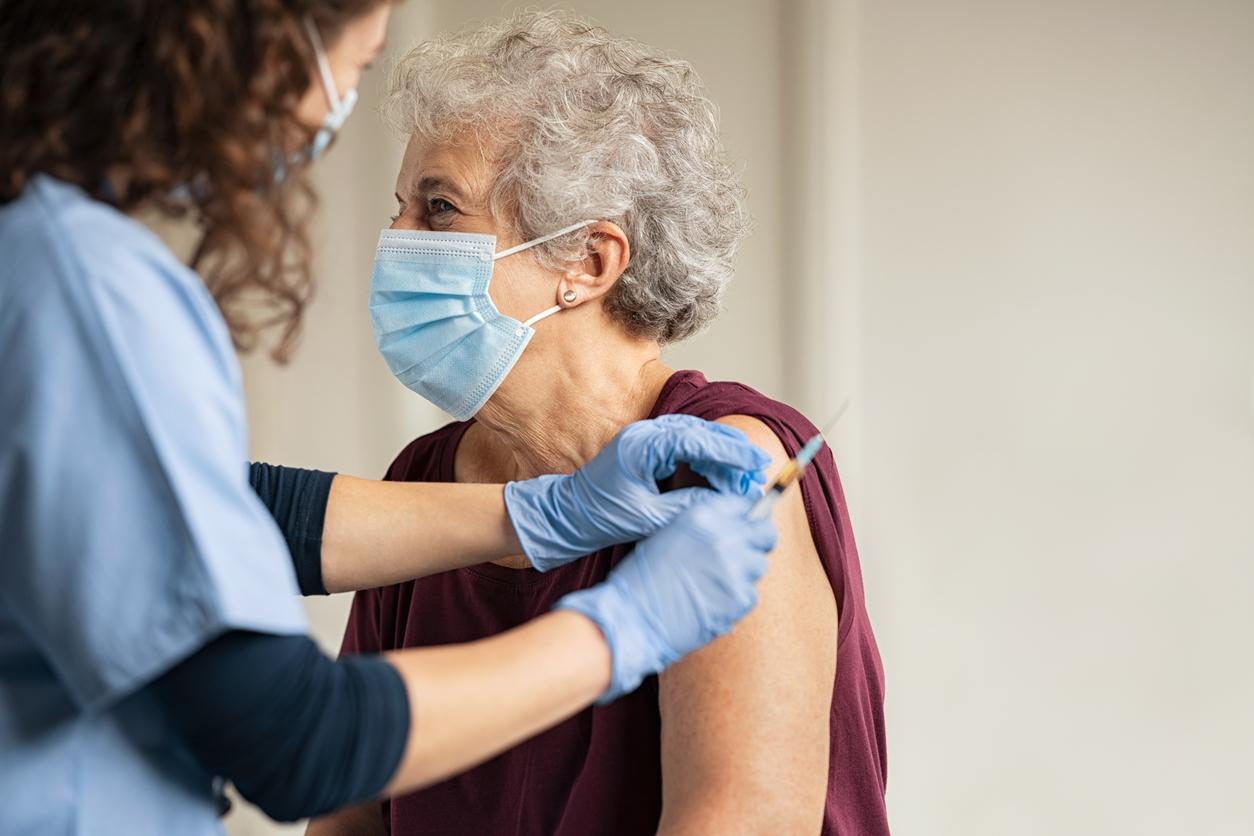According to a meta-analysis, a majority of older people do not take their treatments correctly. Among the reasons, a poor understanding of the prescriptions.

Medication nonadherence is a public health problem that affects older people more! The main fault is the very frequent polypharmacy in this age group. Result, according to recent data from the Haute Autorité de Santé (HAS), 10% of hospitalizations in people over the age of 70 are attributed to errors in taking medication, or to a lack of compliance. . In addition, most studies show that a good level of compliance (80% of drugs) is rarely achieved. Against this background, an obvious question arises: why more than one in two older people do not follow their treatment properly?
Different profiles, but the same result
In a meta-analysis conducted by Teva laboratories, behavioral research identified many forms of not taking the drug. Most of the time, studies dissociate primary behaviors from secondary behaviors. In the former, the patient does not buy his medication (14% of prescribed medications are not purchased) or the patient does not start treatment (13% of purchased medications are never taken). Secondary behaviors characterize patients who start their treatment but do not follow it correctly.
And these behaviors lead to high adherence defaults, especially in people over the age of 70. As proof, four studies conducted from 2006 to 2009. In this research, the level of compliance for hypertension varies between 40% and 72% after one year. And for antidiabetic or cardiovascular treatments, 30% of treatment days are missing and only 59% of patients reach the threshold of 80% of treatment days over 12 months.
In addition, compliance with two concomitant treatments does not exceed 45% at 3 months to drop to 36% at 12 months.
5 drugs per day
After 65, we are more concerned with the chronically ill. These affect 57% of people aged 65 to 74 and around 70% of those 75 and over.
These chronic diseases obviously lead to a poly-medication that can be defined as the concomitant use of three or even five different molecules. According to the PAQUID survey of 3,800 people, elderly people at home consume 4.5 medications per day and each of their prescriptions contains an average of 3.4 distinct specialties. However, having more than 3 treatments is an aggravating factor of non-compliance.
In addition, the doctor-patient relationship is critical in implementing good treatment compliance. A study concludes that 55% of patients do not adhere to their prescription, unintentionally, due to inadequate communication with healthcare professionals. The advanced age of the patient indeed accentuates the communication difficulties in this relationship.
A severe hearing loss, poorly corrected vision loss or simply fatigue will make it much more difficult to understand the doctor’s explanations. As a result, elderly patients do not comply with their treatment.
Finally, very often the results expected by the treatment are not there. In this case, many older people often choose to stop their treatment.
.















